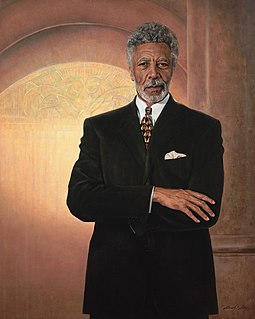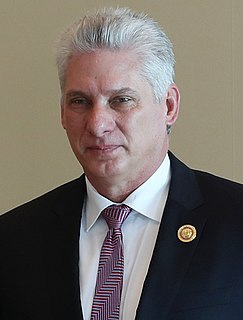A Quote by Karl Marx
The Communist revolution is the most radical rupture with traditional property relations; no wonder that its development involves the most radical rupture with traditional ideas.
Related Quotes
Radical feminism is the most destructive and fanatical movement to come down to us from the Sixties. This is a revolutionary, not a reformist, movement, and it is meeting with considerable success. Totalitarian in spirit, it is deeply antagonistic to traditional Western culture and proposes the complete restructuring of society, morality, and human nature.
Let the liberal turn to the course of action, the course of all radicals, and the amused look vanishes from the face of society as it snarls, “That’s radical!” Society has good reason to fear the radical. Every shaking advance of mankind toward equality and justice has come from the radical. He hits, he hurts, he is dangerous. Conservative interests know that while liberals are most adept at breaking their own necks with their tongues, radicals are most adept at breaking the necks of conservatives.









































